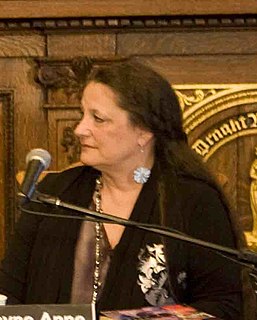A Quote by Ishmael Reed
I use non-fiction work written by Whites in my research. It's indispensable. That wasn't the problem. I said that "The Wire" was a cliché! It's like my writing a series about Jewish life and casting all of the characters as inside traders.
Related Quotes
Writing fiction is very different to writing non-fiction. I love writing novels, but on history books, like my biographies of Stalin or Catherine the Great or Jerusalem, I spend endless hours doing vast amounts of research. But it ends up being based on the same principle as all writing about people: and that is curiosity!
I work via the high-tension-wire method, which is maybe going for long periods without writing while the tension builds up - when am I going to write this, am I going to be able to write this, what is this image about - and I'm thinking about it all the time, but I'm not really inside it, inside the writing.
As long as the factories are in the hands of the whites, the housing is in the hands of the whites, the school system is in the hands of the whites, you have a situation where the blacks are constantly begging the whites can they use this or can they use that. That's not any kind of equality of opportunity, nor does it lend toward one's dignity.
At the beginning of the project, I wasn't certain that I could come up with an engaging storyline and cast of characters in this world, so I had a strong bias toward actually writing, and worrying about research later. In other words, I was afraid that I'd devote a year or two of my life to grinding through Kant and Husserl, then discover that there simply was no novel to be written here.
I was able to notice in a very early stage, there were discrepancies between the people who are writing the songs and discrepancies about the self that I was writing about. I was feeling that there were all these different people, both writing the record and having the record being written about them, even though ostensibly it was me sitting down and documenting a series of life experiences. Part of that, when I recognized this unconscious thing I was doing, was about these spaces, about these gaps.
There are many important books on oral history. My book was the launch title in the Understanding Qualitative Research series with Oxford University Press. I think what makes my book and all of the series books unique is the emphasis on writing instruction for researchers who want to use the method being described.







































